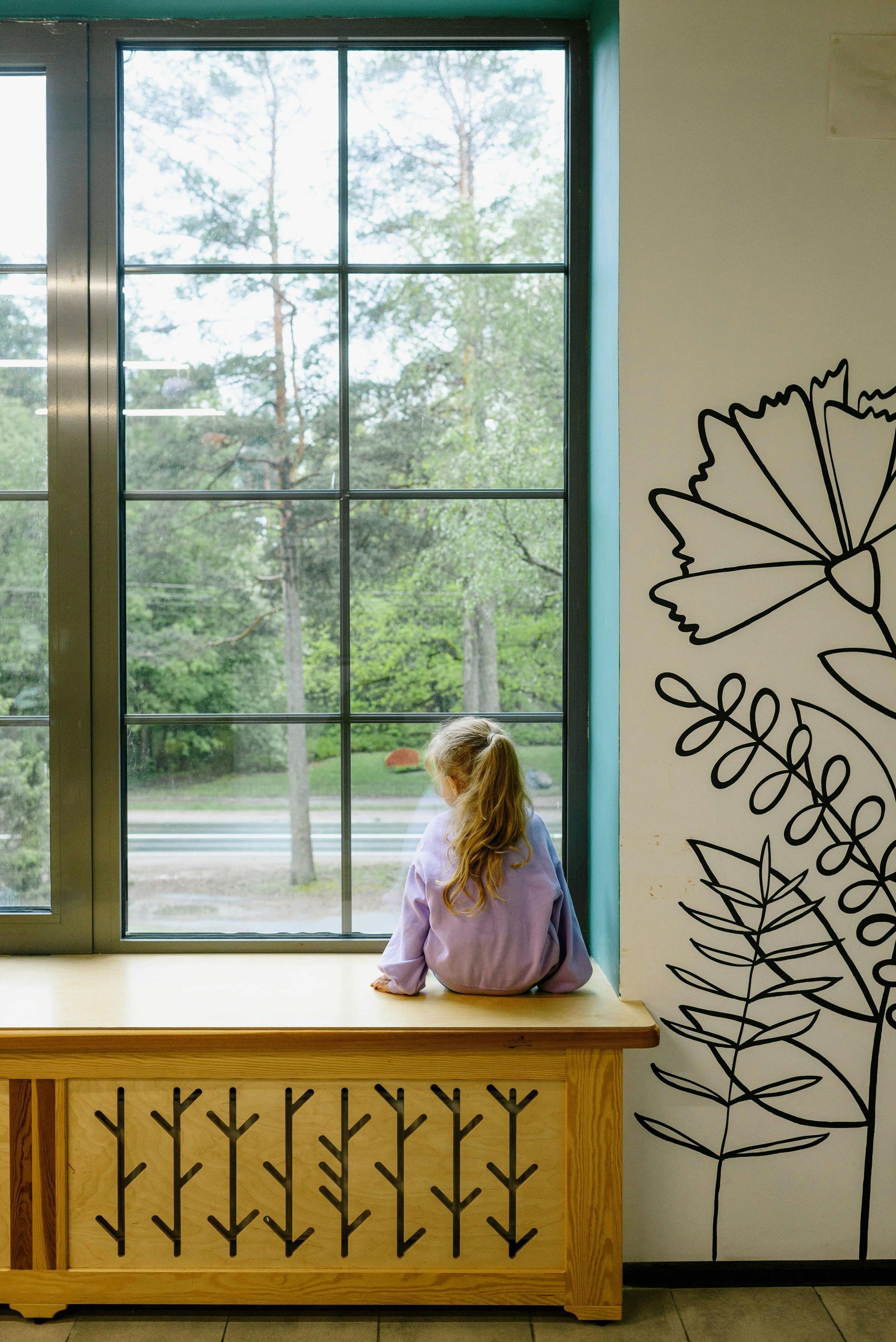The Power of Thought: Building a Foundation of Healthy Thinking
The Power of Thought: Building a Foundation of Healthy Thinking
Our thoughts serve as the foundation of our perception and behaviour. How we think greatly influences how we interpret the world around us, make decisions, and interact with others. Developing healthy and helpful thinking patterns is essential for fostering emotional well-being, effective problem-solving, and personal growth. Here are some strategies that can support the cultivation of positive and constructive thinking habits.
1. Practice Self-Awareness
The first step toward cultivating healthy thinking is self-awareness. Paying attention to your thoughts, emotions, and reactions can provide valuable insights into your mental patterns. Mindfulness meditation and journaling are powerful tools that can help you become more attuned to your inner dialogue. By recognizing negative thought patterns, you can actively work to reframe and replace them with more positive and rational alternatives.
2. Challenge Negative Beliefs
Negative beliefs, often called cognitive distortions, can distort reality and contribute to unhealthy thinking. Common distortions include black-and-white thinking, overgeneralization, and catastrophizing. When you catch yourself engaging in these patterns, challenge them by asking yourself for evidence supporting or contradicting the belief. This practice can help you develop a more balanced and accurate perspective. Read 10 Common Negative Thinking Patterns and 5 Steps for Change.
3. Practice Gratitude
Cultivating an attitude of gratitude can shift your focus from what's lacking to what's abundant in your life. Regularly acknowledging and appreciating the positive aspects of your experiences can foster optimism and help you maintain a more balanced outlook. Consider starting a gratitude journal, where you write down three things you're grateful for each day.
4. Develop Problem-Solving Skills
Healthy thinking involves approaching challenges with a problem-solving mindset. Break down problems into manageable steps and consider multiple potential solutions. Instead of fixating on obstacles, try focusing on the actions you can take to overcome them. This approach empowers you to view difficulties as opportunities for growth rather than insurmountable barriers.
5. Practice Positive Self-Talk
The way you speak to yourself matters. Replace self-criticism and harsh judgments with compassionate and encouraging self-talk. Treat yourself with the same kindness and understanding you would offer a friend. Affirmations and positive statements can help counteract self-doubt and build self-esteem over time.
6. Seek Perspective
Engage in conversations with trusted friends, family members, or mentors when you're facing challenges or feeling stuck. An outsider's perspective can often offer fresh insights and alternative viewpoints you might not have considered. Constructive feedback can guide you toward more helpful thinking patterns.
7. Set Realistic Goals
Setting realistic and achievable goals fosters a sense of accomplishment and encourages positive thinking. Break down larger goals into smaller, attainable steps, and celebrate your progress along the way. This approach prevents feelings of overwhelm and helps you maintain motivation.
8. Embrace Flexibility
Rigid thinking can lead to frustration and disappointment. Embrace flexibility by acknowledging that things don't always go as planned. Adaptability allows you to navigate unexpected challenges without succumbing to negative thinking. Remember, setbacks are a natural part of any journey.
9. Practice Self-Compassion
Treat yourself with kindness, especially during difficult times. Self-compassion involves acknowledging your pain without judgment and recognizing that everyone experiences hardships. Embracing self-compassion encourages resilience and reduces the impact of self-critical thoughts.
Cultivating healthy and helpful thinking patterns is a lifelong journey that requires consistent effort and practice. Incorporating these strategies into your daily life can transform your perspective, enhance your emotional well-being, and develop a more resilient mindset. Remember that change takes time, so be patient and compassionate with yourself as you work toward a more positive and constructive way of thinking.
More Resources
Finding the right support in times of need can be challenging.
Book an appointment with one of our agencies to access the support you need. Community Connect Regina offers rapid access to the support you require, and our online booking option ensures you can easily schedule appointments that suit your availability.






